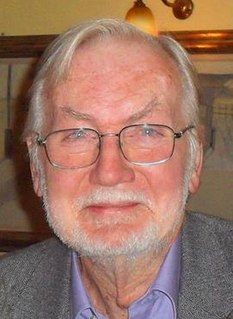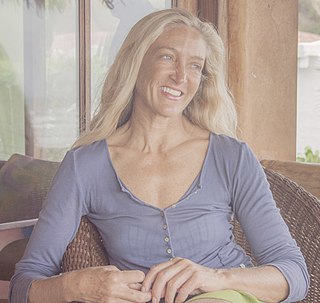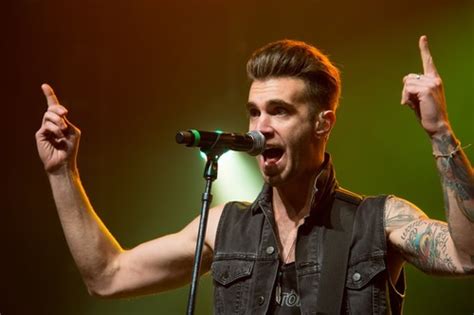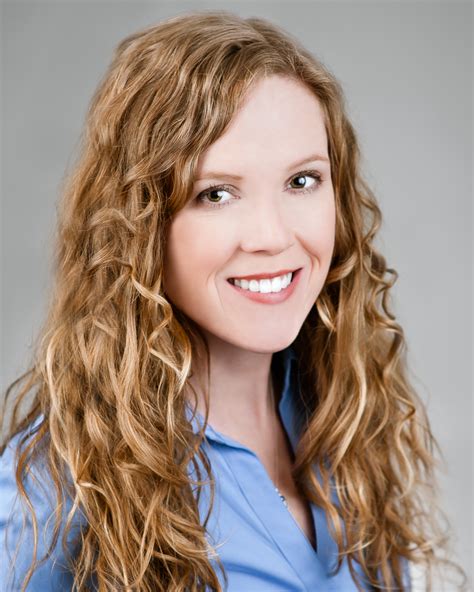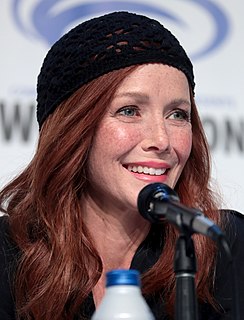A Quote by Barry Unsworth
As I wrote I began to see more strongly that there were inescapable analogies. You couldn't really live through the '80s without feeling how crass and distasteful some of the economic doctrines were. The slave trade is a perfect model for that kind of total devotion to the profit motive without reckoning the human consequences.
Related Quotes
After the Moslem Africans lost control over Spain, they began to prey on the Africans further to the south. They destroyed the great independent states in West Africa, and subsequently set Africa up for the Western slave trade and the Arabs were in the slave trade before Islam and they are still in the slave trade.
..there is nothing worse than the feeling that no one cares whether we exist or not, that no one is interested in what we have to say about life, and that the world can continue turning without our awkward presence. I began to imagine how many millions of people were, at that moment, feeling utterly useless and wretched—however rich, charming, and delightful they might be—because they were alone that night, as they were yesterday, and as they might well be tomorrow.
What the meat industry figured out is that you don't need healthy animals to make a profit. Sick animals are more profitable... Factory farms calculate how close to death they can keep animals without killing them. That's the business model. How quickly they can be made to grow, how tightly they can be packed, how much or how little can they eat, how sick they can get without dying...We live in a world in which it's conventional to treat an animal like a block of wood.
The greatest economic minds of the 19th century, all of them without exception, considered economic growth as a temporary necessity. When all human needs are satisfied, then we will have a stable economy, reproducing every year the same things. We will stop straining ourselves worrying about development or growth. How naïve they were! One more reason to be reluctant about predicting the future. No doubt they were wiser than me, but even they made such a mistake!
I look to everyday magic in art to remember how to live: how to estrange and vivify ordinary objects and beings. So little, really, is ordinary, but to remember this I need the brain chemical of painting and film and reading I had a thrummy doomed oracular feeling when I wrote blackened baby teeth into my little blind boy story: I saw teeth and in an instant they were becoming something else. They were buckshot. They were food. They were tiny flightless corvids.
[Some of the people I'd met] were wonderful people as human beings, and some people were more difficult. I could not see a correlation between their particular genius in playing chess and music and mathematics, etc. ... with human qualities. Some were really good, wonderful people, and some were difficult characters, but there was no clear correlation. But when I met some spiritual masters, [I thought that] there had to be a correlation, and it turned out to be true.
We were interviewing an author, and we started talking about how so many of them - Salinger, Shaw, Fitzgerald - were really an odd bunch. They put a barrier around themselves, and not many people got through it. This was the spark that I really latched onto - someone who could break through the barrier. Of course [FINDING FORRESTER] really began to take shape when I began to wonder, what if it was a young person?
I was an only child growing up, and my father passed away when I was twelve, so for most of my life, it was just me and my momma. We were really, really close. Learning to live in the world without her has been incredibly hard. At first, it didn't make any sense - how to do it, to live without her - but you slowly get somewhat used to it.
